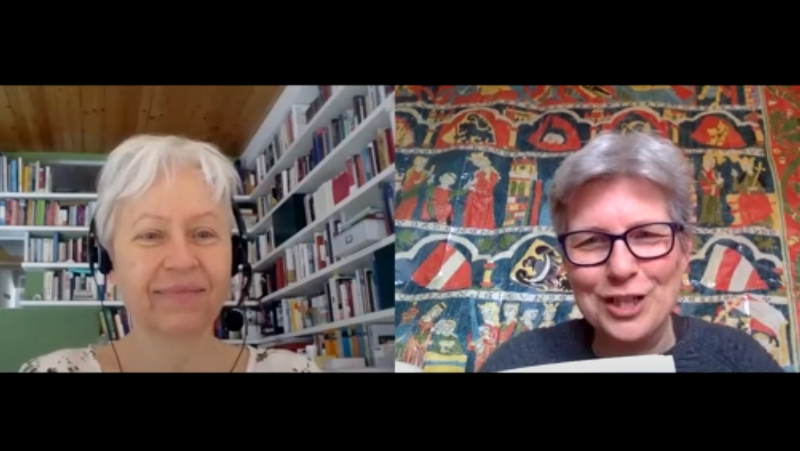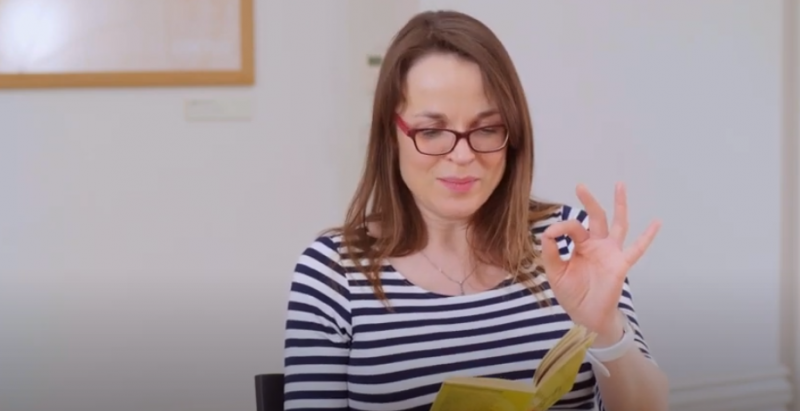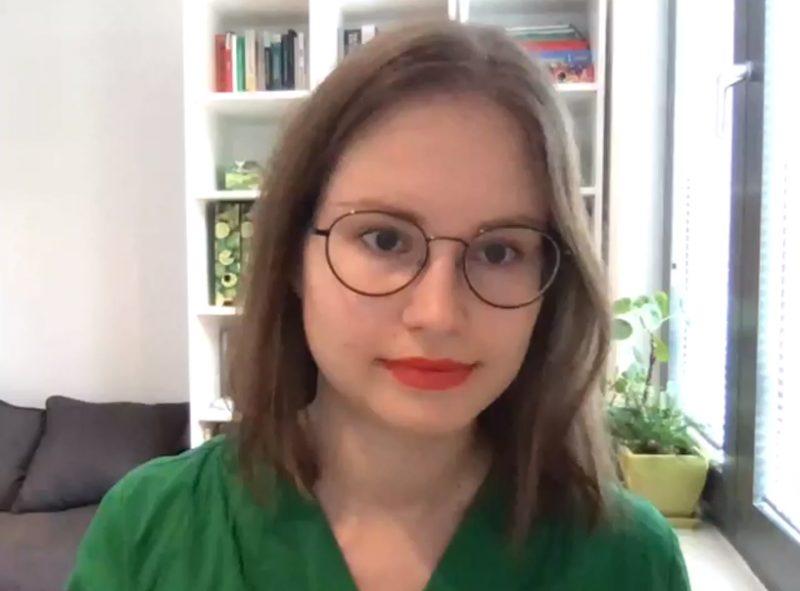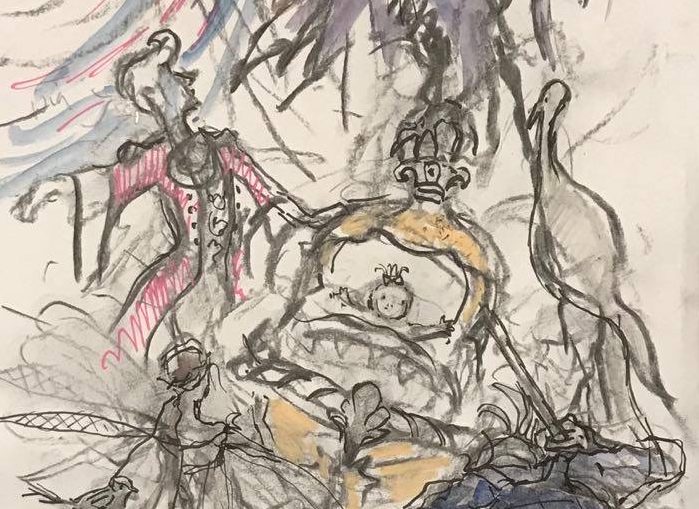Maybe my entire social circle at Oxford just has really bad time management skills. But I’ve lost count of how many complaints I’ve heard since I matriculated about people never having time to read for pleasure anymore. It’s true you can’t deviate from the reading list much during FHS, even in the holidays, if you want to have any chance of keeping up with the work in term time. So what I’m saying is, choose something you can read for pleasure to put on that list. You could do a lot worse than Christa Wolf as one of your options for Paper X, the special authors paper. It’s fair to say the books we’re set for our degrees aren’t always unputdownable, but yesterday I didn’t go to bed until I finished her novel Was Bleibt, and my deadline’s over a week away.
Wolf was born in ‘29 in Gorzów-Wielkopolski, in what was then the Weimar Republic, and stayed within the changing borders of Germany until she died in ‘11, living in what were culturally four different countries without ever emigrating. I mention this because her biography is highly relevant to her writing. In Der geteilte Himmel, the main character takes a factory job in order to prepare her for intellectual work; so did Wolf as per German Democratic Republic cultural policy. In Kinderheitsmuster, the narrator looks back on her childhood in Nazi Germany, where the author grew up. When she was sixteen, she and her family fled the Red Army, as does the teenage Christa T. in Nachdenken über Christa T. In her final novel, Stadt der Engel or The Overcoat of Dr. Freud, the difference between fact and fiction pretty much disappears. Wolf was invited to the Getty Centre in Los Angeles after the fall of the Berlin Wall and wrote this book about her experiences there; the main character’s a female author from the newly dissolved East Germany who comes to LA to pursue a literary project. And in Was Bleibt, my favourite work of hers so far, a writer is under close Stasi surveillance, like Wolf and so many other GDR citizens were.
The novel opens with a middle-aged woman’s morning routine. Alone in her East Berlin flat, she cleans her teeth, showers, dresses, and wonders where the men from the Staatssicherheitsdienst have got to. Normally they’re a permanent fixture across the street from her block – albeit a chameleon-like one, for variety is the spice of intimidation, so they occupy different parking spaces with cars that change colour and number plate. The narrator worries because they’re absent. Wolf’s book expertly portrays how the Stasi used mind control to rule the GDR population. They haven’t incarcerated the narrator; she’s technically free to go about her life as she pleases. But she polices every one of her own actions not, crucially, because she knows they’ve bugged her flat and can hear her, but because she thinks they might’ve done. The adjective kafkaesque is overused, but I’ll allow myself it here. The protagonist doesn’t know why they’re watching her – could it be because she enjoys the ‘luxury’ of taking her coffee strong and hot? – or which of her friends or family reports on her to them. But she knows one thing: they’ll make her think she’s earned it. If she were to ask them who sent them, they’d reply ‘Du, Schwester. Du selbst.’ Was Bleibt spans one day in the life of a woman under intense strain, who nonetheless speaks with humour and humanity about her persecutors, wondering which spying assignments the ‘boys’ prefer. Wolf’s managed to write a page-turner about totalitarianism, and with men like Xi Jinping in power,
Kate Osment, St Anne’s




